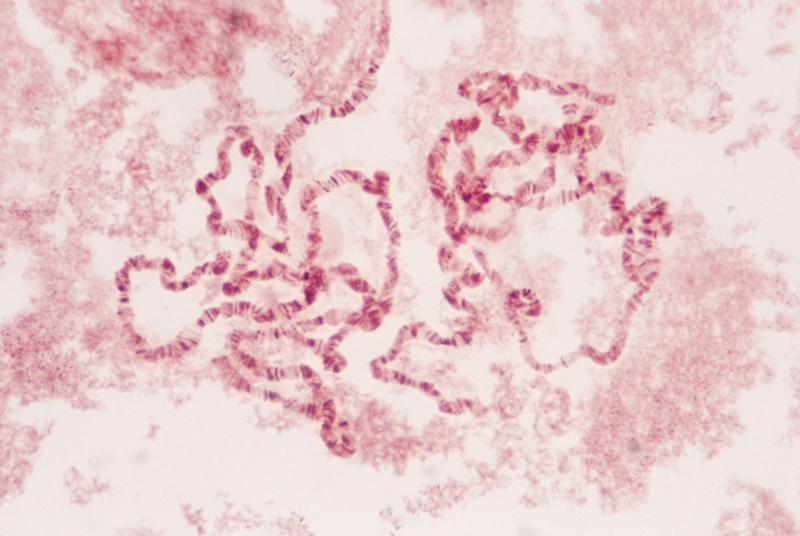
THURSDAY, Nov. 12 (HealthDay News) — Researchers report that a drug used to treat pneumonia might serve as an effective treatment against a type of muscular dystrophy.
They tested the drug pentamidine in mice and found that it appears to combat genetic defects that lead to type 1 myotonic dystrophy, one of nine types of muscular dystrophy. The muscle-wasting condition is also known as DM1 and Steinart’s disease.
The levels used in mice would be poisonous in humans, but University of Oregon chemist J. Andrew Berglund, whose lab tested the drug, said it could be modified.
Pentamidine is approved to treat several conditions, including a severe type of pneumonia in people with compromised immune systems, some yeast infections and sleeping sickness.
“Pentamidine is an exciting lead compound because it is relatively easy to chemically modify, and hopefully one of these modified compounds could lead to a safe, long-term treatment for DM1 in the future,” said Berglund.
The study, funded in part by the U.S. National Institutes of Health and the Muscular Dystrophy Association, was published in the Nov. 3 issue of Proceedings of the National Academy of Sciences.
More information
Learn more about muscular dystrophy from the National Institutes of Health.

